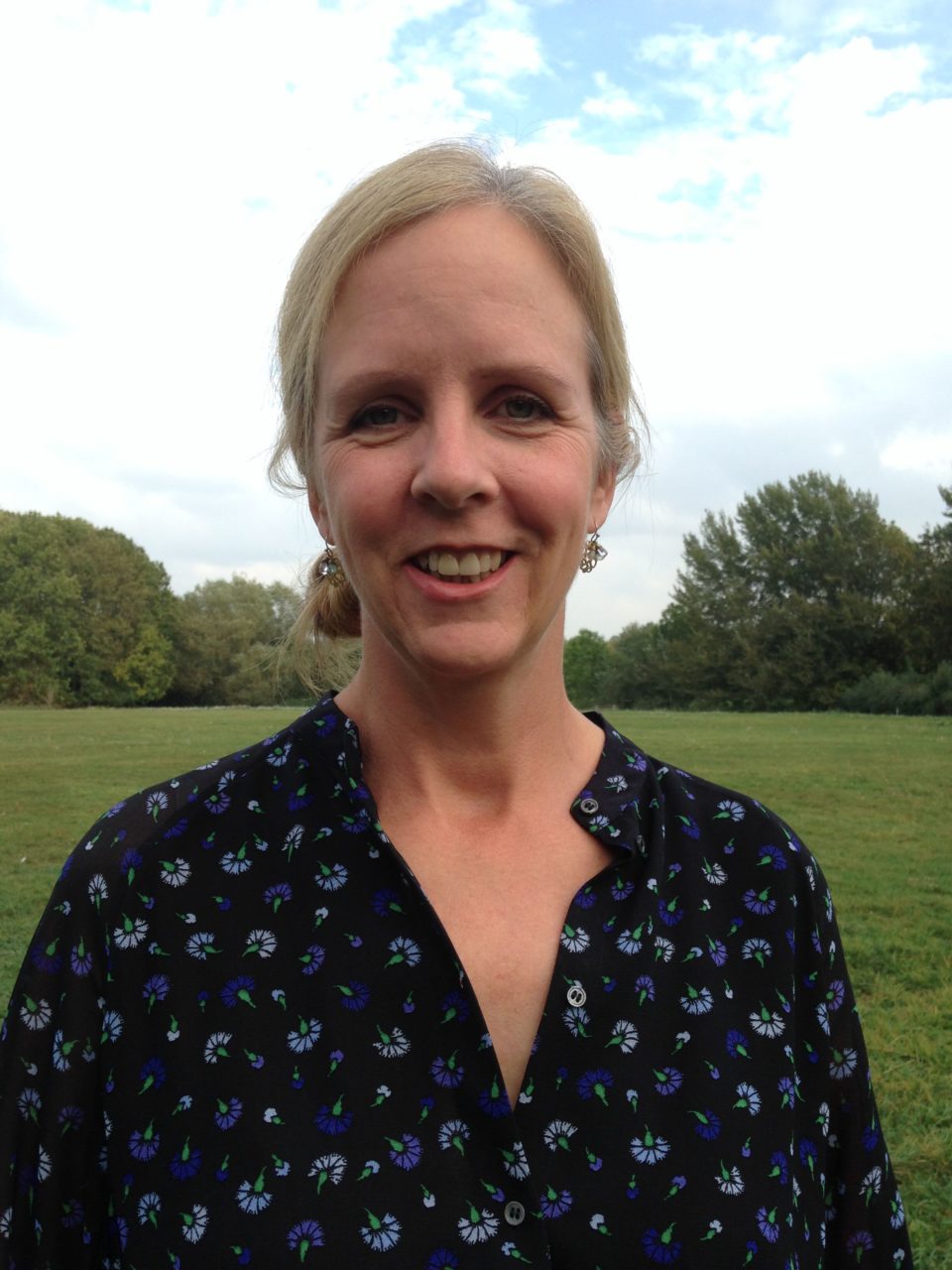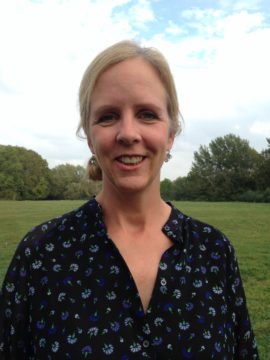A special journey to make: from fertility treatment to adoption
#TalkFertility
About half of the people who adopt do so because fertility treatment wasn’t successful, notes Alison Woodhead, director of public affairs & communications at Adoption UK and an adoptive Mum to a sixteen-year-old girl who came to live with her aged five.

People come to adoption for a lot of different reasons. For an increasing number, it’s their number one choice because of concerns for the limitations of our planet to provide for a growing population. Others have cultural or religious motivations, are in a same-sex relationship or are building on a tradition of adoption in their family. About half of those who adopt, do so because fertility treatment wasn’t successful.
Adopters need additional and different skills
Everyone who adopts is taken through detailed training and preparation, because being an adopter takes additional and different skills and knowledge to traditional parenting. Much of it is just the same – the trips to the school uniform shop, the ice creams in the park, the sharing of stupid family jokes and the early morning ice skating/dance classes/karate… But adopted children have already had at least one family by the time they come to live with you, and that makes things complicated.
Children placed for adoption are, on average, three-years-old. They are only removed from their birth family if living there is unsafe, in terms of their mental and physical health and development. These children are mostly adopted from foster care, where they were taken after it was decided their birth family was not a safe place to be. Often, they move between multiple foster placements before being adopted. My own daughter lived with four other families before she came home to me.
Adoption demands deep commitment and resilience
Adopted children have a tremendously unfair start in life, and that can have lasting impacts, on health, learning and relationships. Thankfully, with the right support, they have an equal chance of a bright future. For the families who adopt them, it takes deep commitment and resilience, not only to parent their children in a therapeutic way, but also to advocate for them at school, in health services and throughout their lives. Despite all the challenges, most adopters would still encourage others to adopt. Watching my daughter growing into an empathetic, spirited young woman despite the cards she was dealt is an extraordinary privilege.
A special journey to make
People moving from fertility treatment to adoption have a special journey to make. They share something painful and powerful with the children they adopt – the experience of loss. When you go through your training and preparation you will be asked to think carefully about this, and about how it might help and hinder you as an adoptive parent.
People are sometimes asked to put their adoption process on pause until they have had more time to process their experience of infertility and come to terms with not having birth children, or maybe of not being able to give a birth child a sibling related by birth. This can feel deeply frustrating, to say the least. You are offering to provide a loving family for a child who needs you, but you’ve been told to go away and wait.
If this happens to you, use the time wisely. Be proactive. Join a group for prospective adopters. Adoption UK offers these, and you’re bound to meet others in the same boat as you. Do some reading – anything by Sally Donovan is a great place to start. Attend some webinars and do some training – again, Adoption UK can help, but your adoption agency will have other suggestions. Once you re-start work with your social worker, you’ll be flying.
Look after yourself
In all of this, the most important thing you can do is look after yourself. If you do go on to adopt, you will need great self-care skills. Working out what helps you to re-charge – whether it’s time alone up a mountain or time in the middle of a crowd in the middle of a city – is one of the best bits of preparation you can do.
Further information on adoption is available on our website at https://fertilitynetworkuk.org/trying-to-conceive/other-pathways-to-parenthood/adoption/ or watch our webinar at https://www.youtube.com/watch?v=p8_ziUlRY3E
